Tennis Ball: The Game-Changer You’ll Love and Hate
The tennis ball may seem like a simple object, but it’s one of the most essential and carefully engineered components of the game. Whether you’re a beginner hitting the court for the first time or a seasoned pro looking for precision and performance, it plays a powerful role in how every match unfolds. But not all tennis balls are created equal—and that’s both the beauty and the frustration of this iconic piece of sports equipment.
What is a Tennis Ball?
It is a lightweight, hollow rubber ball covered in felt, usually neon yellow in color for visibility. Official tennis balls have a diameter of about 6.7 cm and a weight of approximately 58 grams. They are pressurized to ensure bounce and speed, although pressure less versions also exist, typically used for training or recreational play.
Construction & Design
The design of a is deceptively simple but highly technical. The ball’s core is made from pressurized rubber, which gives it that signature bounce. This core is then covered in a fuzzy felt material that enhances grip, aerodynamics, and spin.
There are two main types:
Pressurized Balls: Provide more bounce and speed, but lose pressure over time.
Pressure less Balls: More durable and ideal for training, but with a heavier feel and less bounce.
3 Powerful Benefits of a Quality Tennis Ball
1. Explosive Bounce
A good tennis ball delivers an explosive, consistent bounce that keeps the game dynamic and competitive. This is especially important in fast-paced matches where reaction time is critical.
2. Superior Control
High-quality felt covering offers precision and control, allowing players to apply spin, placement, and angles with greater effectiveness.
3. Durability
Top-tier tennis balls are built to withstand high-impact rallies and harsh court surfaces. For regular players, durability is a must, and choosing a long-lasting ball can save both time and money.
3 Frustrating Drawbacks You Should Know
Despite its strengths, it isn’t without flaws. Knowing its downsides helps players make informed choices.
1. Short Lifespan
Pressurized tennis balls begin to lose their bounce within a few hours of play. For competitive players, this means constantly replacing balls, which can be inconvenient and costly.
2. Inconsistent Quality Across Brands
Not all tennis balls perform equally. Some offer excellent initial bounce but wear out quickly. Others are too soft or too hard, affecting performance. It can be frustrating to find the right brand or model for your needs.
3. Environmental Impact
These are not easily recyclable, and millions are discarded each year. While some brands are starting to explore eco-friendly alternatives, the industry has a long way to go.
Common Uses Beyond the Court
You might be surprised to learn that tennis balls have many uses outside the sport:
Dog toys: Their size and bounce make them perfect for fetch.
Massage therapy: Rolled under the feet or back to relieve muscle tension.
Laundry aid: Placed in the dryer to help fluff and soften clothes.
Choosing the Right Tennis Ball
When shopping for tennis balls, consider the following factors:
Skill Level: Beginners can opt for pressure less balls, while advanced players should go for premium, pressurized options.
Court Type: Some balls are designed specifically for hard courts, clay, or grass.
Purpose: Are you training, competing, or playing casually? Each use case has a recommended ball type.
It is a small but mighty piece of equipment. It brings power, control, and excitement to the game—but it also has its drawbacks. Whether it’s the short lifespan, inconsistent quality, or environmental concerns, It is both admired and criticized. Yet, no game of tennis can exist without it.


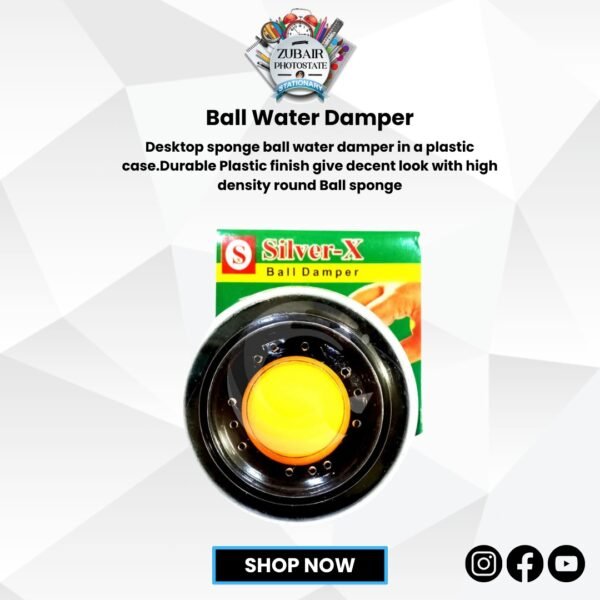
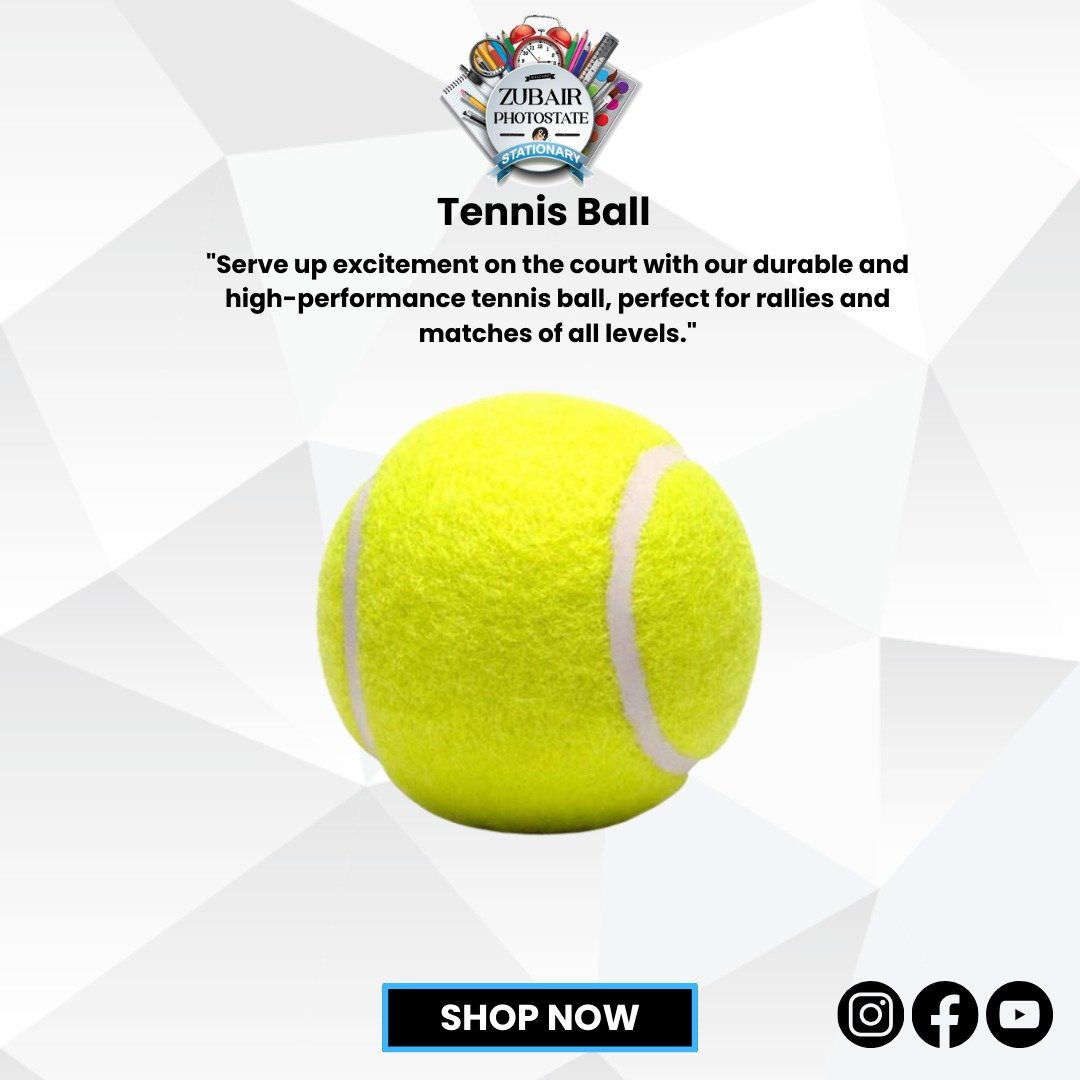
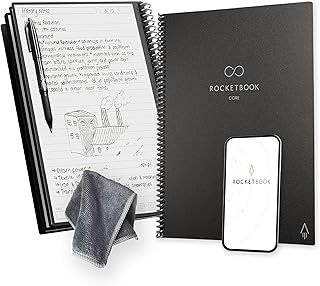
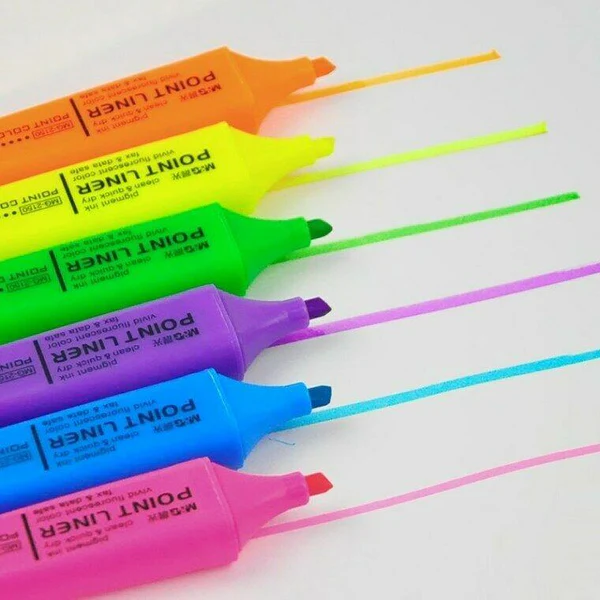
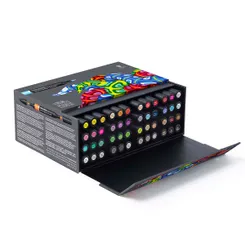
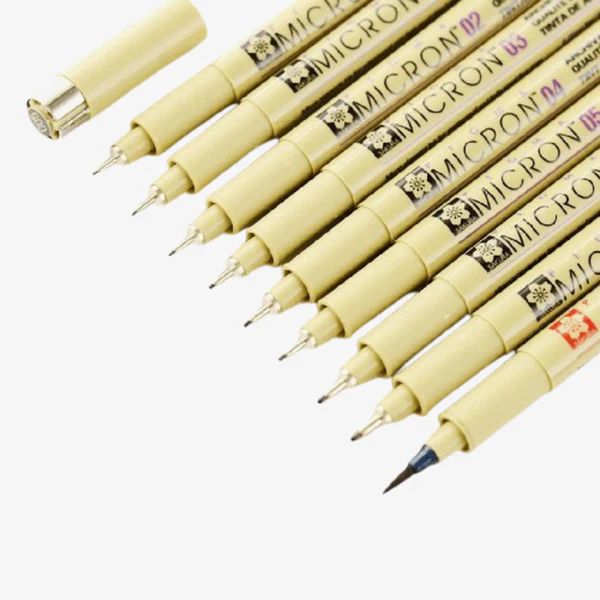
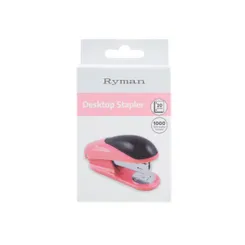
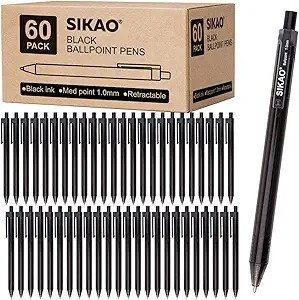

Reviews
Clear filtersThere are no reviews yet.